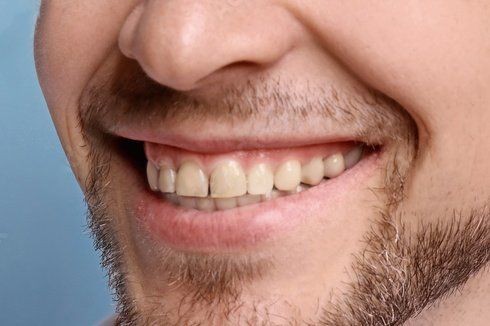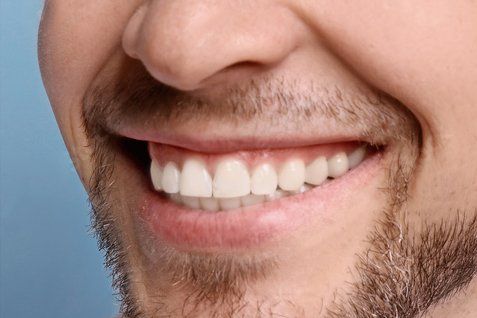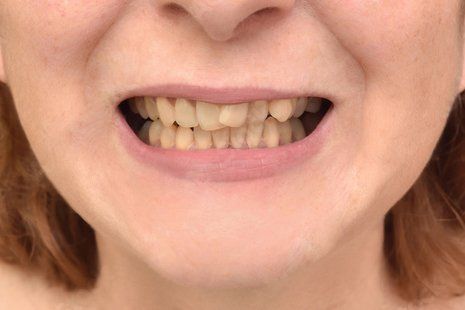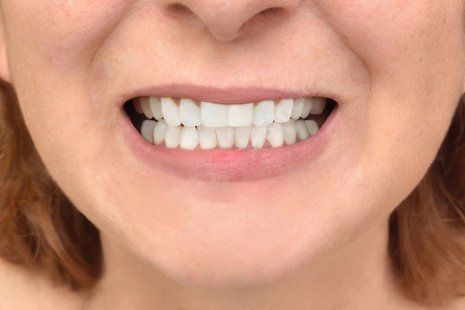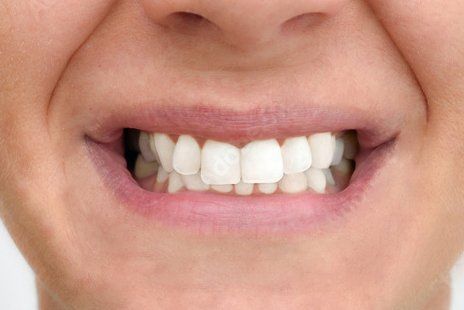Our Services
Dental Implants
Dental implants are designed to provide a foundation for replacement teeth that look, feel, and function like natural teeth. The person who has lost teeth regains the ability to eat virtually anything and can smile with confidence, knowing that teeth appear natural and that facial contours will be preserved. The implants themselves are tiny titanium posts that are placed into the jawbone where teeth are missing. The bone bonds with the titanium, creating a strong foundation for artificial teeth. In addition, implants can help preserve facial structure, preventing the bone deterioration which occurs when teeth are missing.
Dental implants are changing the way people live! With them, people are rediscovering the comfort and confidence to eat, speak, laugh and enjoy life.
Dr. Okazaki has received extensive training in Implantology. He has been certified in the diagnosis and placement of single implants, sinus lifts, immediate placement single and multiple implants for dentures as well as regenerative procedures necessary to prepare sites and maintain implants.
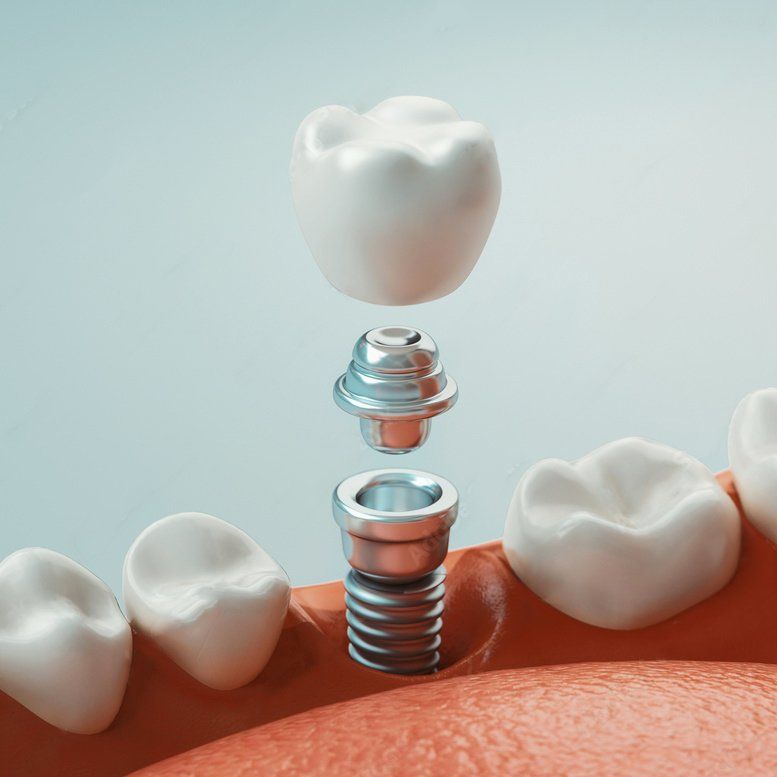
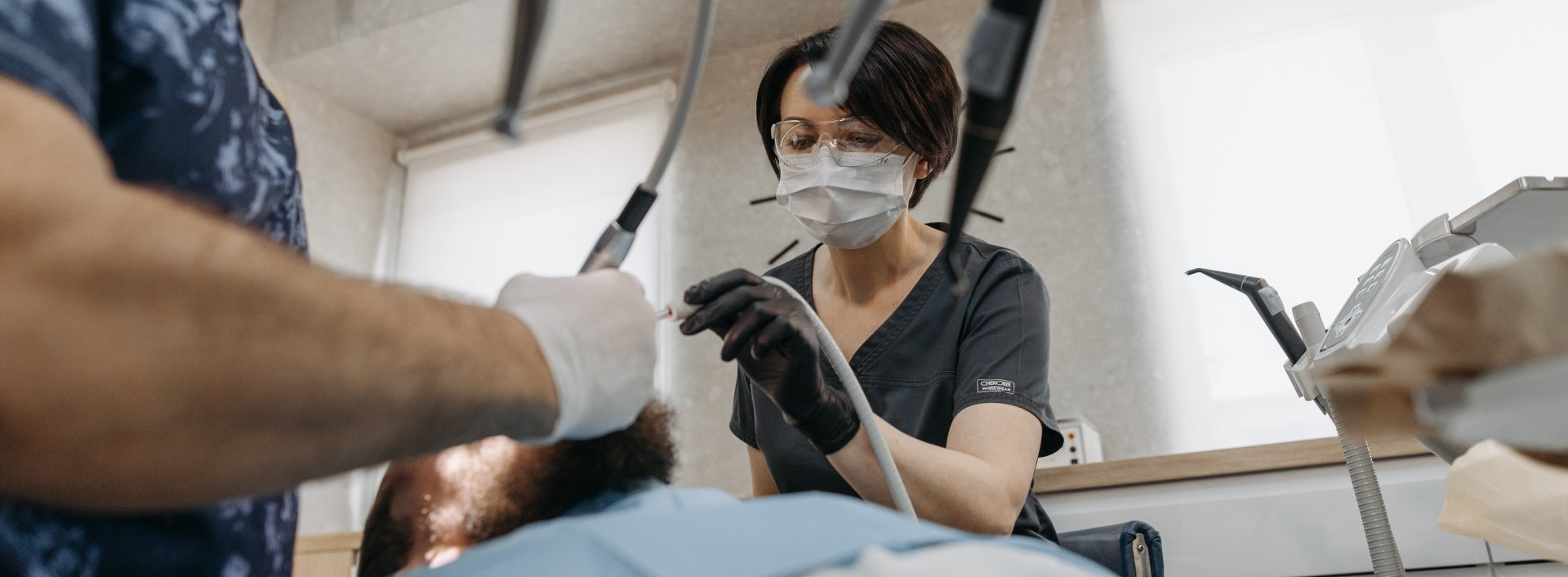
Evaluation
If, like many others, you feel implant dentistry is the choice for you, we ask that you undergo a dental/radiographic examination and health history. During these consultation visits, your doctor will address your specific needs and considerations. Your questions and concerns are important to us and our team will work with you very closely to help make your procedure a success.
We will also discuss fees and insurance at this time. There are many types of insurance plans, and coverage for implants is varied. We will be happy to assist you in obtaining any benefits to which you may be entitled.
The Surgical Procedure
For most patients, the placement of dental implants involves two surgical procedures. First, implants are placed within your jawbone. For the first three to six months following surgery, the implants are beneath the surface of the gums gradually bonding with the jawbone. You should be able to wear temporary dentures and eat a soft diet during this time. At the same time, your dentist is forming new replacement teeth.
After the implant has bonded to the jawbone, the second phase begins. Dr. Okazaki will uncover the implants and attach small posts (abutments), which will act as anchors for the artificial teeth. These posts protrude through the gums. When the artificial teeth are placed these posts will not be seen. The entire procedure usually takes six to eight months. Most patients experience minimal disruption in their daily life.
Using the most recent advances in dental implant technology, Dr. Okazaki is able to place single stage implants. These implants do not require a second procedure to uncover them but do require a minimum of six weeks of healing time before placing artificial teeth on them. There are even situations where the implants can be placed at the same time as a tooth extraction further minimizing the number of surgical procedures. Advances in dental implant technology have made it possible in select cases, to extract teeth, and place implants with crowns at one visit. This process, called "immediate loading" greatly simplifies the surgical process.
Faqs
Contact

